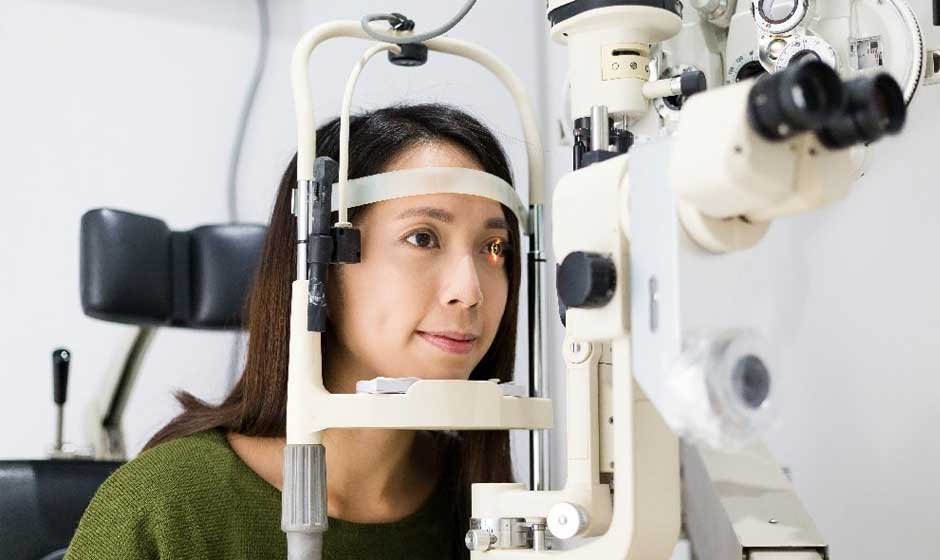Why Eye Exams Should Be on Everyone’s Health To-Do List

Let’s be honest: eye exams rarely land at the top of anyone’s calendar. We get busy, and if our vision seems fine, that reminder card from the optometrist often finds itself gathering dust on the fridge. But the truth? Regular eye checkups are one of the best things you can do for your long-term health—and not just for picking out new frames or stronger reading glasses.
A Checkup for More Than Just Sight
An eye exam is more than reading the smallest row of letters you can squint at. Your eyes are like a sneak peek into what’s happening in the rest of your body. During a routine visit, your doctor checks not only your vision, but also your blood vessels, nerves, and retina. Why does that matter? Early signs of issues like diabetes, high blood pressure, or even some cancers sometimes show up in the eyes before anywhere else. The American Academy of Ophthalmology shares that these visits catch warning signs you’d never notice on your own.
Vision Changes Sneak Up On You
If we’re lucky, our eyesight stays steady for years. But for most of us, changes are far more gradual—and by the time we’re struggling with faraway road signs or reading menus at arm’s length, those shifts have been underway for a while.
Even more importantly, conditions like glaucoma or macular degeneration can develop painlessly over years before causing real trouble. Spotting these silently creeping problems early is the main reason the CDC says annual (or at least regular) exams should be part of every adult’s health plan.
Protecting Your Independence and Wellbeing
Good vision isn’t just about convenience—it’s about independence and quality of life. Not being able to see clearly can lead to falls, make it tougher to drive, and even chip away at your confidence. If you’ve ever noticed feeling out of sorts after a day straining to see the screen or fighting a headache from blurry vision, you know what I mean.
And this goes double if you have kids or aging parents in the picture. Vision struggles can make learning harder for little ones or put older family members at higher risk for accidents. Johns Hopkins Medicine points out that caring for your eyes is caring for your whole well-being.
Just Put It On the List
No need to overthink it. Even if you haven’t noticed any issues, booking a quick annual eye exam is an act of self-care with major benefits down the road. Half an hour in that funky chair with the blinking lights can help you catch issues early, update your prescription if needed, and make sure your eyes are helping—not holding you back—from living the life you want.
Show your eyes a little love—you might be surprised by just how much they give back.



